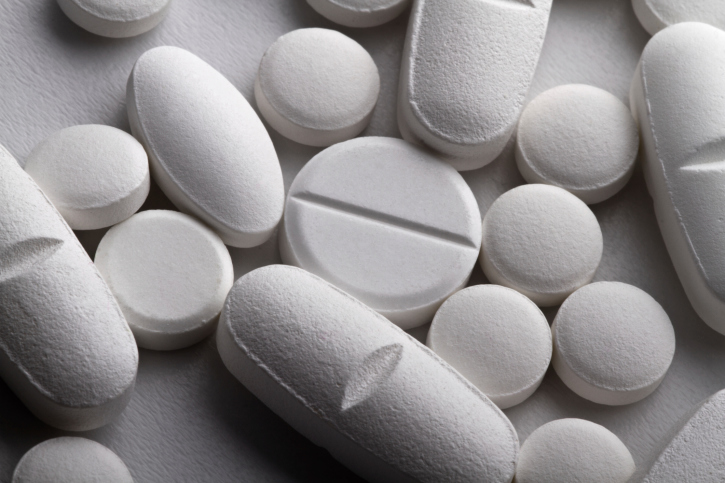Health and Healthcare
Why Teva Pharmaceutical Bid for Mylan May Go Hostile
Published:
Last Updated:
When Teva Pharmaceutical Industries Ltd. (NYSE: TEVA) made its informal $40 billion takeover offer to Mylan Inc. (NASDAQ: MYL) earlier this year, executives at Mylan were incensed, especially chairman Robert Coury, who maintained it would be illegal. Some influential consumer groups now have made known their position on the issue and are urging the Federal Trade Commission to block any deal.
This has not seemed to faze Teva, however, as the company is reportedly upping its bid to $43 billion, and the takeover could become hostile if it does indeed go through. It seems to be evolving into a sort of love-triangle, tit-for-tat bidding war between the two generic giants, with Teva originally advising Mylan shareholders that the offer is only good if Mylan does not acquire generic leader Perrigo Co. PLC (NYSE: PRGO). Mylan then (perhaps spitefully) raised its bid for Perrigo to $32.7 billion, and then Teva followed up by increasing its own bid for Mylan.
Better dollars than bullets, as they say.
Yet, there is another element to this story that most media seem to have overlooked. Back in February, Teva announced that the FDA had agreed to review its New Drug Application (NDA) for an extended-release, abuse-deterrent reformulation of oxycodone bitartrate, the active ingredient in Vicodin. NDA reviews usually take between one and two years before approval, which means this new drug could be available by early next year. But what is so special about a new formulation of an opioid painkiller?
ALSO READ: 4 Specialty Pharmaceutical Stocks Could Be the Next Takeover Candidates
Namely, the fact that hydrocodone is by far the most popular generic drug by number of prescriptions, totaling 123 million in 2014, beating out the runner up lisinopril for hypertension by over 20 million. Couple that with the fact that Vicodin was moved up to Schedule II from Schedule III in October due to abuse issues, making prescriptions much more difficult to fill. This gives a leg up for abuse-deterrent reformulations of the drug going forward, which may bump the reformulations back up to the more advantageous Schedule III.
In a sentence, Teva could be about to enter the largest generic market by prescription in the world, which may tip the scales in favor of the Israeli giant when it comes to wooing Mylan shareholders. (Antitrust issues are still a factor that could torpedo the deal though.)
A Teva partnership deal was responsible for one 2015’s best performing stocks when it entered into a licensing deal with Eagle Pharmaceuticals Inc. (NASDAQ: EGRX) for an early stage Phase 1 clinical pipeline product, a more stable reformulation of a common leukemia drug. This shows a hint of the potential here if Teva succeeds with its own hydrocodone reformulation, and what effect that may have on its own Mylan ambitions.
Teva is not the only one trying to reformulate pain-management opioids to more abuse-resistant versions, and it is indeed a serious matter. The Center for Disease Control (CDC) has found that 60% of all drug overdose deaths are from legal pharmaceuticals, and 75% of those deaths are from opioid abuse, totaling 16,651 fatalities in 2010. Reformulating these drugs to deter abuse is more than simply a matter of having a better, more marketable painkiller. Right behind Teva is Relmada, which is in the middle of Phase 2 for its abuse-resistant reformulation of levorphanol.
ALSO READ: 3 Big Pharmaceutical Stocks With Upcoming Catalysts
Credit card companies are pulling out all the stops, with the issuers are offering insane travel rewards and perks.
We’re talking huge sign-up bonuses, points on every purchase, and benefits like lounge access, travel credits, and free hotel nights. For travelers, these rewards can add up to thousands of dollars in flights, upgrades, and luxury experiences every year.
It’s like getting paid to travel — and it’s available to qualified borrowers who know where to look.
We’ve rounded up some of the best travel credit cards on the market. Click here to see the list. Don’t miss these offers — they won’t be this good forever.
Thank you for reading! Have some feedback for us?
Contact the 24/7 Wall St. editorial team.